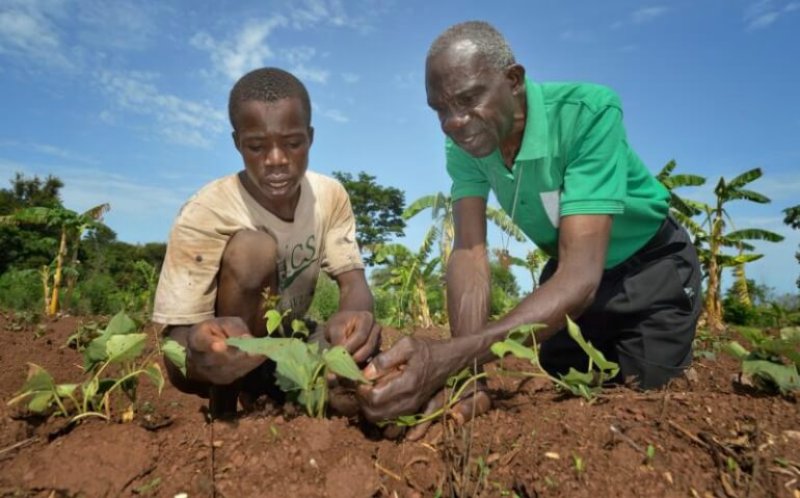Breeding for resistance has transferred resistant R genes from wild potato relatives to food grade potatoes. However … it is virtually impossible to combine multiple R genes from wild relatives by traditional breeding while keeping all qualities of an elite variety. It took 45 years to transfer a single resistance R gene from Solanum bulbocastanum into a modern variety by conventional breeding.
Genetic transformation techniques in the last 30 years provide a more direct transfer mechanism into existing elite varieties lacking resistance to LBD.
Two transgenic events from the prominent Ugandan variety Victoria were grown in three locations and resulted in full control of the disease at all locations. The 3R Victoria transgenic events have been grown successfully without fungicides in more than a dozen field trials over the last five years.
Farmers currently use fungicides to control LBD and partially resistant potato varieties with limited success. Fungicides, including organic certified copper-based fungicides, have some negative impacts on the environment, in particular, the soil eco-systems. The 3R Victoria potato offers advantages of no environmental disturbance while lowered energy and resource costs needed for LBD control.































